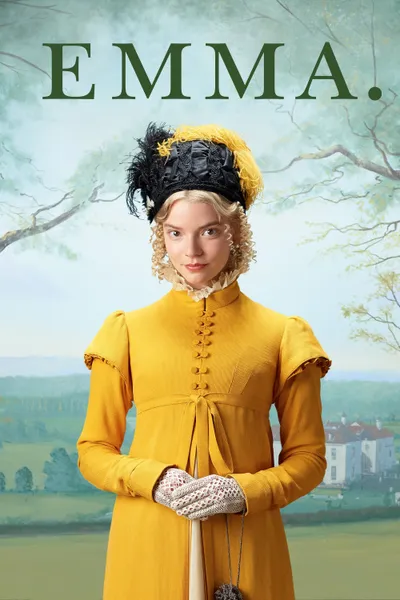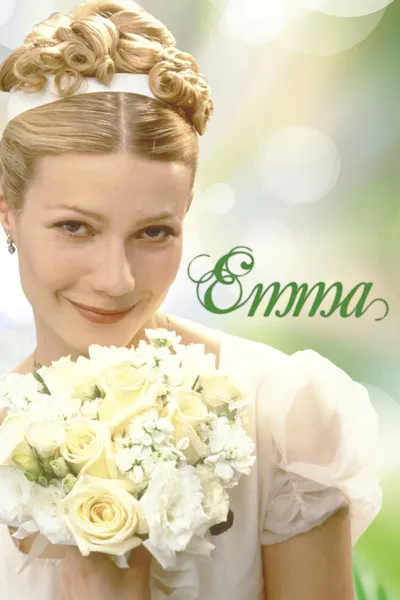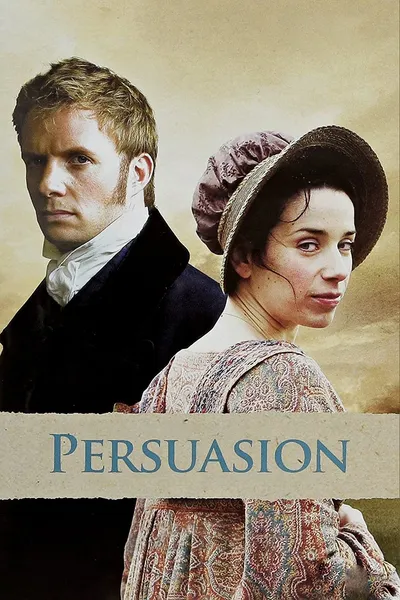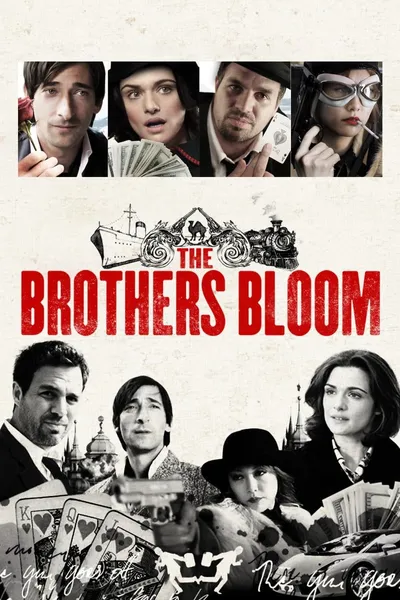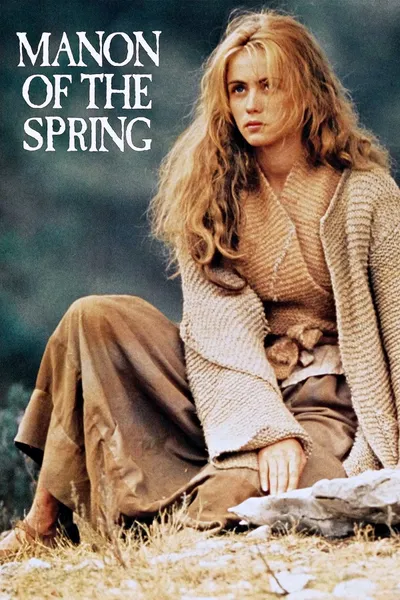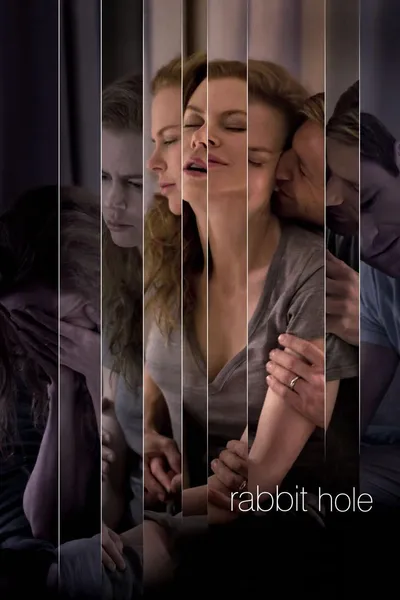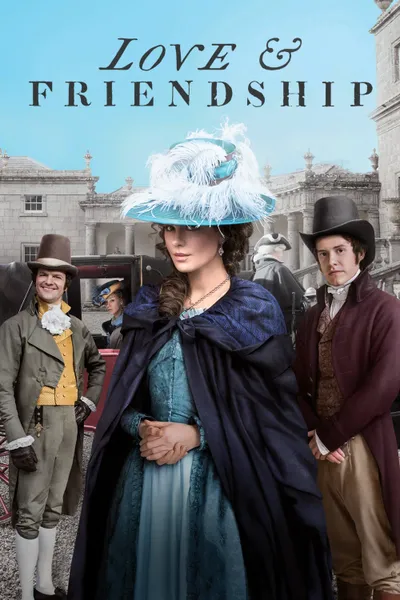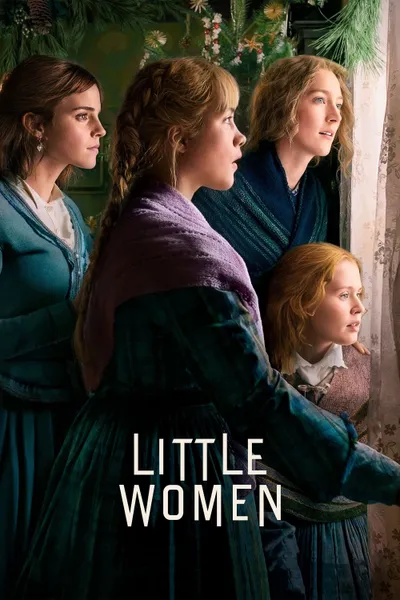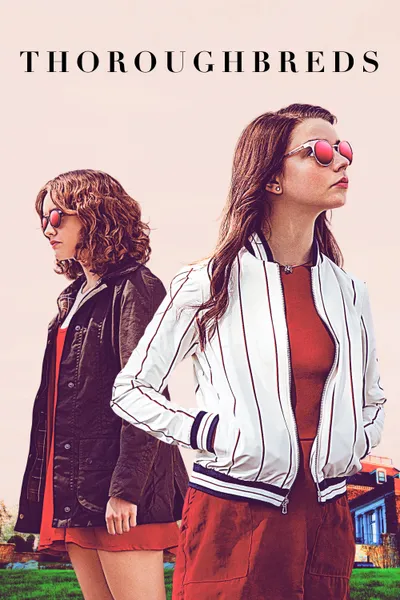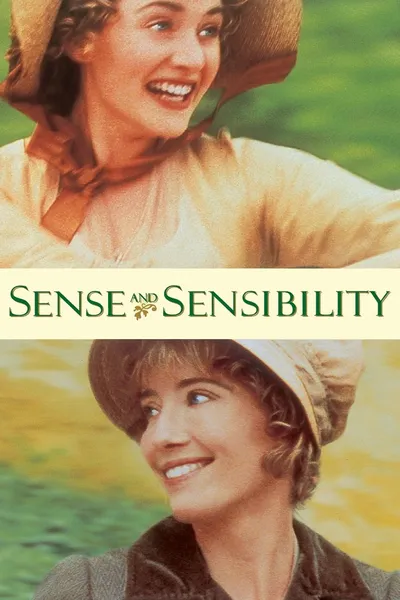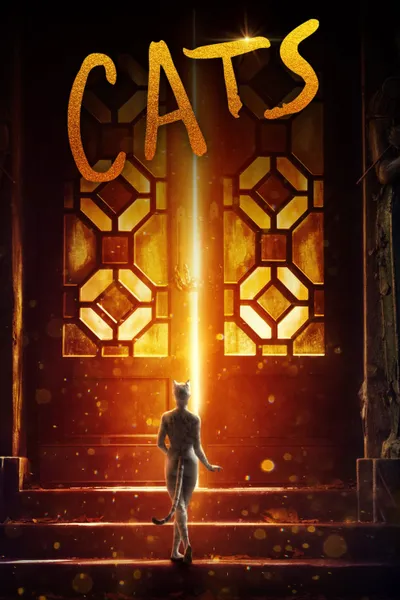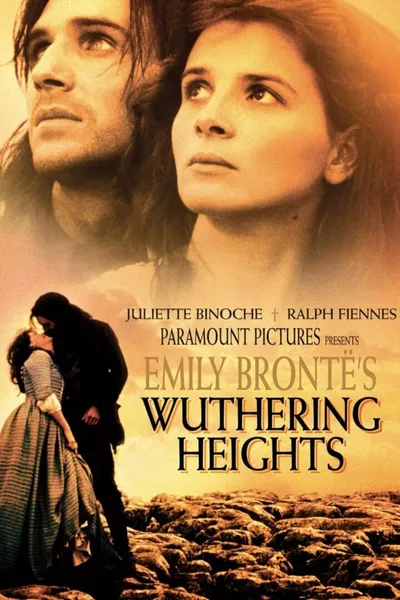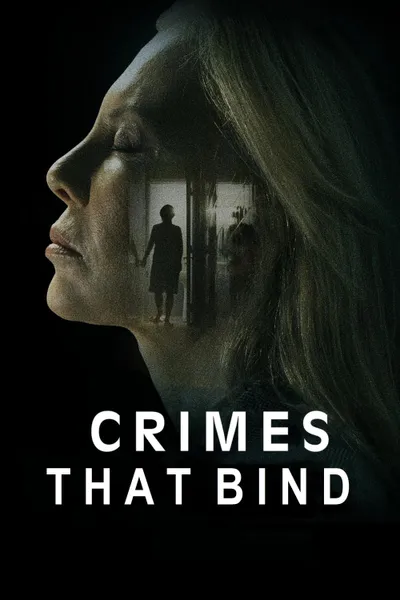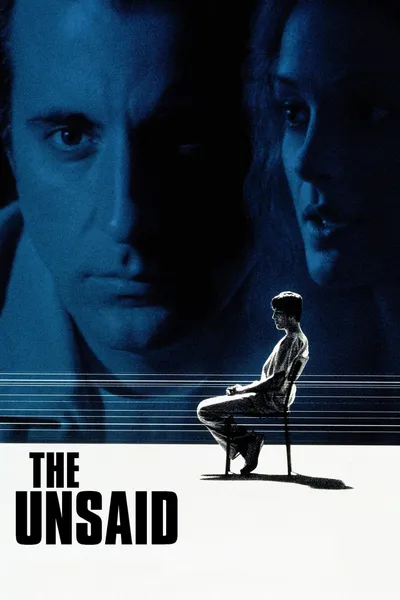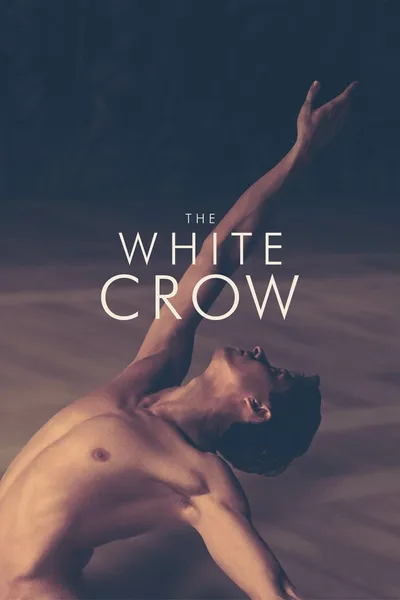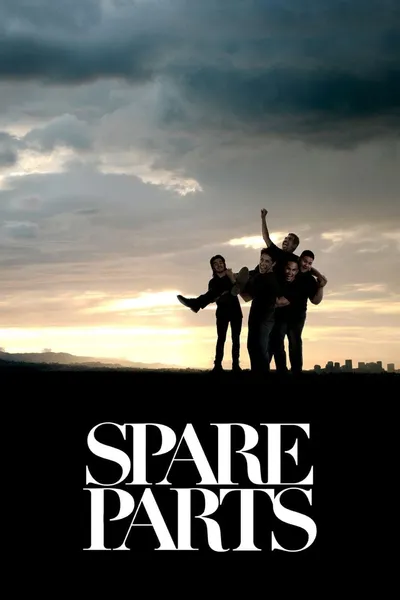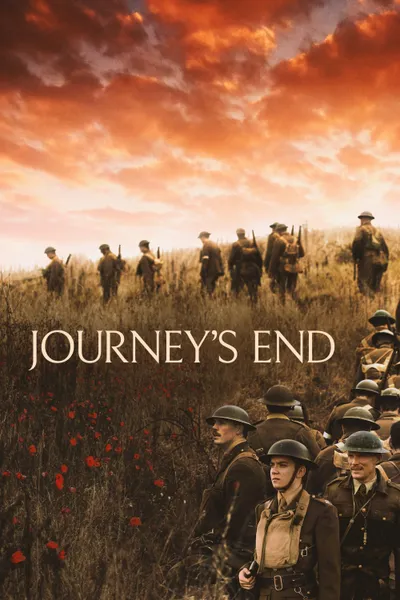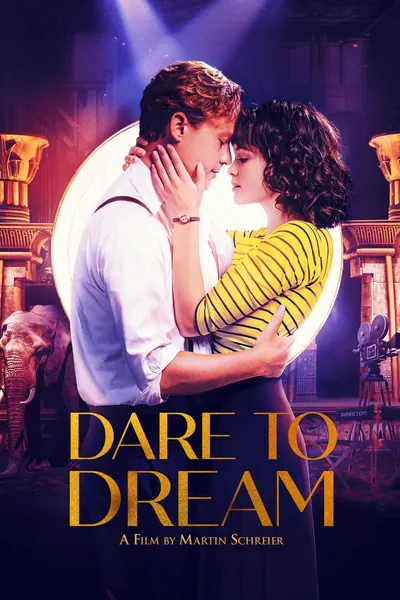Reviews




SWITCH.
February 13, 20208.0
If you doubt the need for another Austen, let this gorgeous film change your mind. Instead of ignoring the offers made to the period film genre by great films like 'Anna Karenina' and 'The Favourite', 'Emma.' runs with them, finding a new language for approaching the great works of one of the great writers, realising her wit and humour in new and exciting ways while honouring the deep intelligence and generosity within them. I spent the entirety of Autumn de Wilde's wonderful film with the dumbest smile on my face, mixed with peals of laughter and gushing tears of joy. This is how we must approach the great classics - a celebration of what we love about them and an engagement with how they can speak to us here and now. That's how and why they can continue to matter so much.
- Daniel Lammin
Read Daniel's full article...
https://www.maketheswitch.com.au/article/review-emma-a-dazzling-new-adaptation-of-jane-austens-classic
Manuel São Bento
March 22, 20205.0
If you enjoy reading my Spoiler-Free reviews, please follow my blog @
https://www.msbreviews.com
Emma. is Autumn de Wilde's feature film directorial debut, as well as Eleanor Catton's screenwriting debut. I never watched any previous adaptations and period movies aren't exactly "my thing". This doesn't mean I can't appreciate them! The Favourite and Little Women are the most recent examples of films belonging to said genre that I absolutely love. The main reason why I felt the need to watch this adaptation was Anya Taylor-Joy's first time as the sole protagonist.
I genuinely believe she'll become one of the greatest actresses of her generation, along Florence Pugh, Chloë Grace Moretz, Hailee Steinfeld, Kaitlyn Dever, Saoirse Ronan, and a few others. Her performance in this movie is yet another argument to validate my prediction. She's phenomenal as Emma! It took me a while to get used to her voice since she applies a much higher tone than her usual one. Seeing actors doing different accents is pretty common, but changing their voice as Anya does, even if it's a simple modification, it still shows how committed she was to her role.
As cliche as it might sound, she carries the whole story on her shoulders. She's the link that connects all storylines and characters. Without her, the film doesn't work, so her display had to be near-perfect. Anya demonstrates her range and emotional ability, as well as a seamless control of the complex and rich script. Most dialogues possess long sentences with sophisticated vocabulary, something only the best actors can deal with effortlessly.
Anya shines, but her character does too. Emma's arc is quite interesting. Besides being "handsome, clever and rich", she has no respect for the poor, manipulates her friend's romantic decisions, and sometimes acts in a very selfish, arrogant manner. Her transformation into a better person is the most captivating arc of the screenplay, but it also demonstrates my main issue with the movie as a whole. Ten minutes in, and I knew everything that was going to happen.
Now, I always try to avoid thinking too much ahead. But when it comes to relationships between characters, it's all so predictable and obvious to me that I can't help but guess the whole story. The same screenplay trick is used throughout to twist certain relationships, becoming repetitive and a bit dull. I never felt truly invested in the film until the one-hour mark. It's mostly well-paced, but when nothing is surprising, innovative, or creative regarding the overall narrative, there's not that much that can keep me captivated.
The first act is a tad confusing, with too many characters getting introduced too fast. Honestly, I just discovered while writing this review that a secondary character is supposed to be blood-related to one of the main ones. Story and characters are the two pillars of any movie. I've always written this. If these two don't work, then everything else crumbles. It's far from collapsing, it's actually very well-structured, but it's like these two pillars are just like thousands of others. There's no distinct characteristic that makes these unique.
Weirdly enough, I never felt bored. The cast really does a nice job of keeping me entertained by every remarkable performance. Bill Nighy (Mr. Woodhouse) and Miranda Hart (Miss Bates) are quite funny. The costume design is gorgeous besides being extremely important since it actually elevates the story by clearly identifying who's rich and poor. Production and set design are fantastic. Great cinematography (Christopher Blauvelt), and an enjoyable score (Isobel Waller-Bridge and David Schweitzer). Nevertheless, as outstanding as the technical achievements might be, the film still lacks a unique directing style, which is normal, having in mind it's the director's first feature.
All in all, Emma. doesn't reach the latest period movies' level like The Favourite or Little Women, but it's a fine start for debutants director Autumn de Wilde and screenwriter Eleanor Catton. Anya Taylor-Joy delivers an exceptional performance as a very well-written Emma Woodhouse, carrying the film on her shoulders until the very end, cementing her place in Hollywood as one of the greatest actresses of her generation. The rest of the cast is also pretty great. The costume design steals the "technical show", but the production level in this movie is impressive. However, the narrative lacks surprising elements, making the existence of this new adaptation a bit questionable. Why make another film if there's nothing unique about it? Predictable from the get-go, confusing first act, and very hard to feel invested before the one-hour mark. If you enjoy period comedy-dramas, I recommend it. Otherwise, the two movies mentioned above are probably a better choice...
Rating: C+

JPV852
July 12, 20206.0
Thinly plotted but enjoyable enough drama-comedy with a nice performance from Anya Taylor-Joy. Never read the Jane Austen novel nor seen any of the other adaptations, so I don't know how this one compares, but I liked it well enough. **3.0/5**

Peter McGinn
September 12, 202010.0
When I saw the previews for this latest interpretation of Jane Austen’s Emma, I envisioned a reimagining of the classic, with the plot or the setting radically changed with creative license applied liberally throughout. I was ready to not like it.
But instead I discovered that wondrous creativity was launched to make small tweaks to details. There was Harriet Smith, who may have been plain, but marching here and there with her classmates, dressed in matching red dresses and large hats, providing a very striking Image for the eye. There were the chorale music resonating at the end of scenes, leading to or melding into the beginning of the next scene. And Bill Nighy, who was suitably wary of illness and draughts, but had a spring in his step at times to juxtapose with his fearfully cautious nature.
I thought Rupert Graves and Miranda Hart were imaginative choices for the roles of Mr. Weston and Miss Bates. And there is even an creative tweak to the one-word title, whereby a period is added after the name to indicate that the movie is - wait for it - a period piece.
So this is the third version of Emma in the past 25 years - two movies and a mini-series - and for now at least, it is my favorite.
RickyWillis
October 17, 20200.0
Well, what a happy surprise. The director set up absolutely beautiful scenes of stunning upper class English homes. Elaborate rooms. Just an awsome film. A most happy ending for everyone. A bit tongue in cheek portrail of English life during the Victorian era. Really enjoyed it.

ekaari
June 18, 20247.0
An artful and inspired retelling of a classic. Delightfully Wes Anderson esc with a feminine pallete.
Recommendation Movies
Emma1996
Persuasion2007
The Beach Bum2019
The Brothers Bloom2008
Manon of the Spring1986
Rabbit Hole2010
Love & Friendship2016
Little Women2019
LEGO Star Wars Holiday Special2020
Plus One2019
Thoroughbreds2018
Sense and Sensibility1995
Cats2019
Wuthering Heights1992
The Crimes That Bind2020
The Unsaid2001
The White Crow2018
Spare Parts2015
Journey's End2017
Dream Factory2019
© 2025 MoovieTime. All rights reserved.Made with Nuxt
